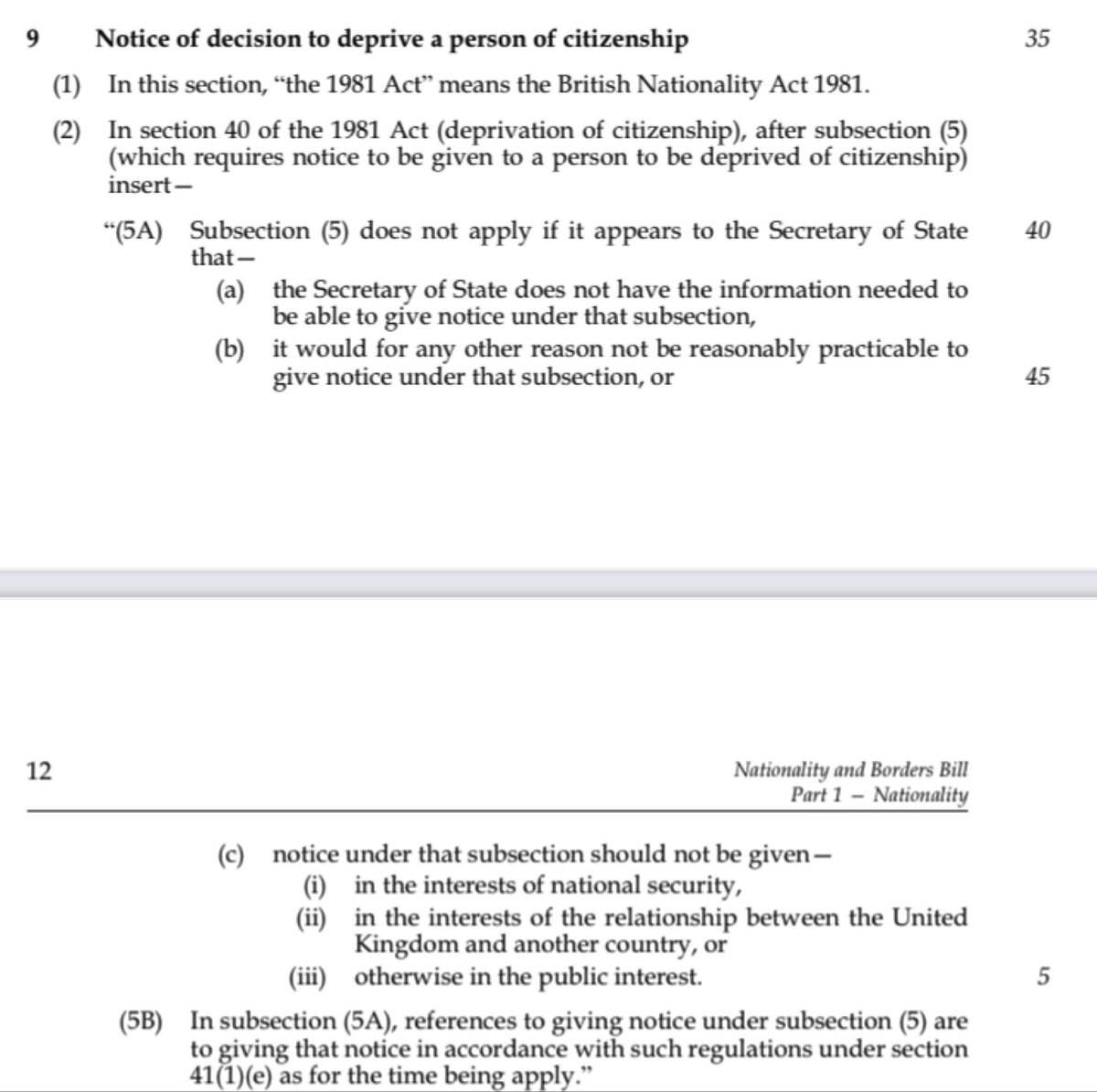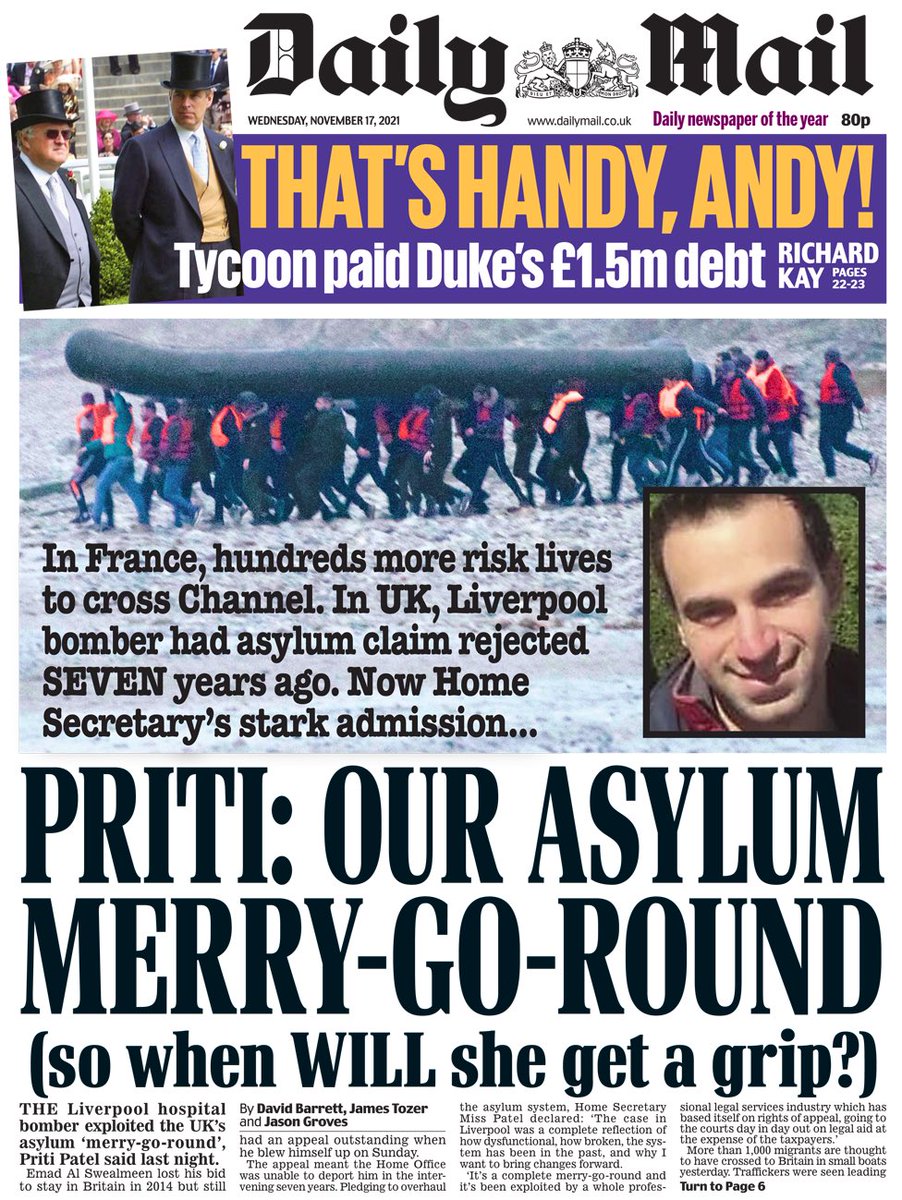
🚨I wanted to raise the alarm on some important new amendments to the Police, Crime, Sentencing and Courts Bill which the government has quietly tabled (thread)
You can read the amendments from page 18 of this bills.parliament.uk/publications/4…
You can read the amendments from page 18 of this bills.parliament.uk/publications/4…
https://twitter.com/AdamWagner1/status/1371016997077680128
In short, there are five big changes which will very significantly limit the right to protest. The government will say these are a response to Insulate Britain but in reality these are aimed at any large-scale disruptive protest like @ExtinctionR and Black Lives Matter
Second, increasing the potential sentence for wilful obstruction of the highway to 6 months in prison 

Third, making "obstruction etc of major transport works" a crime. This is extremely wide. It includes obstructing "taking any steps that are reasonably necessary for the purposes of facilitating, or in connection with, the construction or maintenance of... major transport works" 

Fourth - really big one, a new power for police to stop and search protesters if they suspect they are going to commit a public nuisance and various other wide offences - this is a licence to stop and search protesters. All other stop and search powers relate to serious crime 



And if that wasn't enough, there is also a stop and search power *without suspicion*, similar to those available in areas where there is a surge in violent crime (under s.60 of the Justice and Public Order Act 1984). This is treating protest like its a social like knife crime 

Fifth, another sinister one, "serious disruption prevention orders" - basically imports the tactic used in serious crime, terrorism, sexual crime and anti-social behaviour of imposing court orders to restrict the activities of individuals. But now it will be applied to protest 

This will be available for a court to impose on anyone who convicted of 2 protest-related offences, effectively a *protest banning order*. And offences can include breaches of court injunctions, another increasing tactic of government to restrict protest
https://twitter.com/AdamWagner1/status/1460968798614429700?s=20
So, these amendments hugely increase the power of the police and public authorities to prevent protests, disrupt activities at protests and restrict the activities of protesters.
I think this is being debated in the House of Lords tomorrow.
I think this is being debated in the House of Lords tomorrow.
As always with laws restricting freedom of speech, it is useful to imagine them being used to prevent the expression of views you care deeply about. These laws are so generalised they could seriously disrupt any protest movement, if the govt/police want to.
Here is @IanDunt's excellent article on the changes inews.co.uk/opinion/priti-…
• • •
Missing some Tweet in this thread? You can try to
force a refresh








